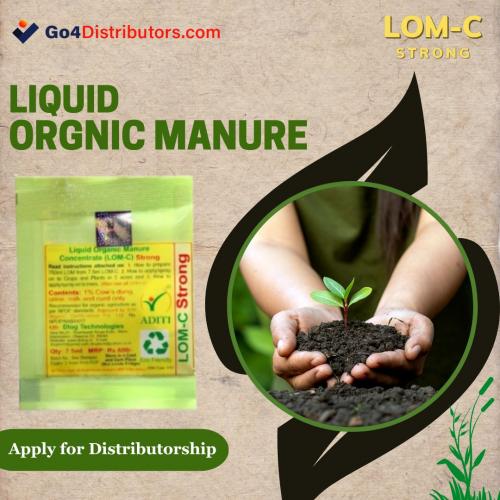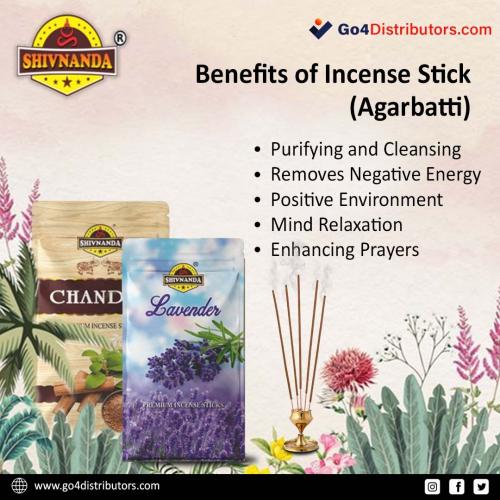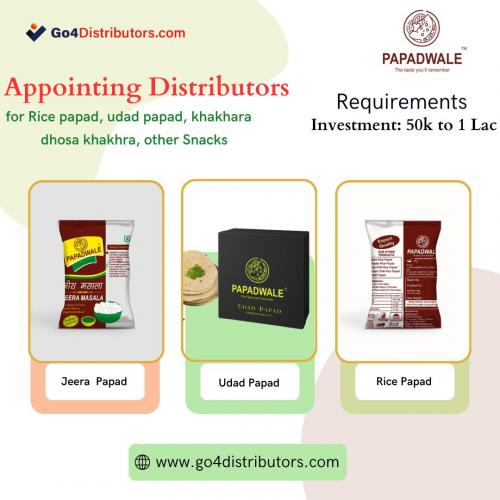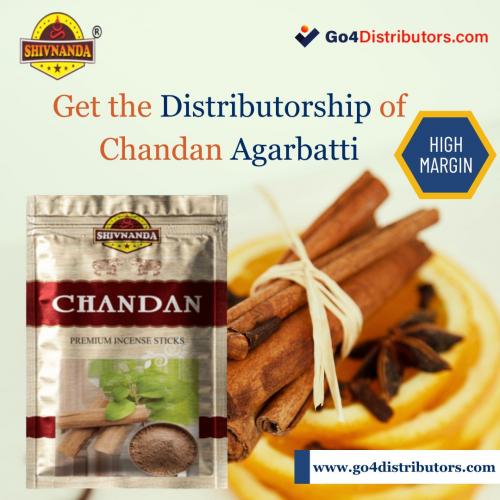Contributions from Cows: How Can Organic Manure Help Reduce Environmental Impact?

Finding sustainable strategies in the constantly-changing field of agriculture is more important than ever. Organic cow dung is an unsung hero in this green revolution, and farmers are turning more and more to organic solutions as we face the environmental issues of the twenty-first century. This inconspicuous byproduct of the digestion of cow dung is the secret to raising crop yields and drastically lowering agriculture's environmental effect.
Benefits of Organic Manure:
The content of organic cow dung is fundamental to its advantages for the environment. In contrast to synthetic fertilizers that may worsen soil and pollute water, organic manure is a naturally occurring, nutrient-rich material that comes from cows' digestive systems. With a balanced combination of potassium, phosphorus, nitrogen, and other minerals, this organic treasure is a great substitute for encouraging plant development.
How Beneficial and Harmful Is Nitrogen?
Plant development depends on nitrogen, but too much of it in the form of synthetic fertilizers is harmful to the ecosystem. Algal blooms and dead zones are among the problems that might arise from fertilizers that are high in nitrogen and their runoff contaminating bodies of water. By slowing down the release of nitrogen, organic cow dung reduces the likelihood of runoff and leaching. Organic manure is environmentally friendly because of its regulated release, which defends aquatic habitats while also helping the crops.
Microbiological Enchantment in Manure:
Organic cow dung is a microbiological powerhouse in addition to being a source of nutrition. A wide range of beneficial bacteria are introduced into the manure via the digestive processes in a cow's stomach. These microbes are essential for enhancing soil structure, liberating nutrients, and decomposing organic materials. A dynamic ecosystem that supports long-term soil fertility is created by the symbiotic link between bacteria and soil.
Cutting Down on Greenhouse Gas Emissions:
The emission of greenhouse gases, especially methane, is a major environmental problem in contemporary agriculture. The environmental impact of cattle ranching, a significant source of methane emissions, is frequently questioned. On the other hand, the proper management of organic cow dung can help lower greenhouse gas emissions.
A powerful greenhouse gas called methane is produced in the stomach of a cow during the anaerobic digestion process. Farmers may take use of this methane by using anaerobic digesters to produce electricity by collecting and applying cow dung for organic fertilizer. In doing so, a sustainable and closed-loop system is created that not only lowers methane emissions into the environment but also gives on-farm activities access to the renewable energy source.
Maintaining Healthy Soils and Capturing Carbon:
Organic cow dung contributes significantly to soil health and carbon sequestration in addition to providing nutrients. Soil structure, water retention, and nutrient-holding capacity are all enhanced by the organic matter found in manure. Carbon dioxide from the atmosphere is sucked up by healthy soils with a high organic content, which helps to mitigate the consequences of climate change.
Organic manure contributes to the soil's overall carbon pool by introducing organic carbon as it breaks down. This strengthens the agricultural system and improves the environment at the same time.
Localized Manufacturing and Lower Transportation Emissions:
Carbon emissions are a result of the significant energy consumption and transportation required in the procurement and manufacturing of synthetic fertilizers. On the other hand, the transportation of organic cow dung may be generated locally or on-site, reducing the carbon impact. This decentralized strategy encourages self-sufficiency and lessens dependency on outside inputs, which is consistent with sustainable agricultural techniques.
Problems and Things to Think About:
The environmental benefits of using organic cow dung are numerous, but it's important to be aware of the drawbacks as well. To avoid nutrient imbalances, farmers must implement management measures that are appropriate and maximize manure utilization while avoiding negative environmental effects.
Further, since switching from conventional methods may include a learning curve, farmers need to be educated and supported in order for organic manure to be widely used. Promoting the transition to sustainable farming techniques may be greatly aided by the resources and incentives provided by governments, agricultural institutions, and environmental groups.
A viable endeavor in the field of sustainable agriculture is to start a business as an organic cow Manure Dealers in India. Organic cow dung is in high demand due to its nutrient-rich composition and environmental advantages, making it a desirable resource for eco-friendly farming operations. Through relationships with nearby farms, a dealer may take advantage of the expanding market by providing a consistent and sustainable supply of organic fertilizers. The key to developing a respectable business will be working with cattle farms to provide a steady supply and guaranteeing quality control in the processing and packing. Accepting this responsibility fits with the larger goal of encouraging ecologically friendly farming methods in India's agricultural sector in addition to supporting the organic farming movement.
To sum up:
Organic cow dung is one of the bright spots in the vast fabric of sustainable agriculture. Farming operations might be revolutionized by its many contributions, which range from producing organic matter rich in nutrients to capturing methane for electricity generation. Organic cow dung is a monument to the possibilities of balancing agriculture with nature, opening the door for a more sustainable and greener future, as we negotiate the difficult balance between feeding a rising population and protecting the atmosphere.
Visit:-wholesale distributorship









Comments